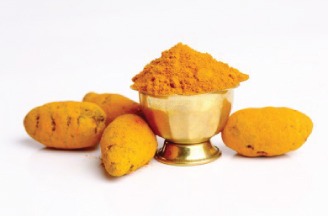Top 8 Benefits of Botanical Extracts in Skincare Products
Nature’s secrets for beautiful skin are unlocked through the power of botanical extracts. Discover the transformative properties of plant-derived compounds, delivering hydration, rejuvenation, and soothing effects, for a naturally radiant complexion. What are botanical extracts? Botanical extracts are natural substances obtained from plants with unique skincare properties. Through a process of extraction, the active components of plants are carefully isolated and concentrated, retaining their potency. These extracts are rich in vitamins, antioxidants, and other bioactive compounds that nourish and protect the skin, promoting a healthier complexion and addressing various skincare concerns. By harnessing the power of nature’s extracts provide a gentle yet practical approach to skincare. Uses of Plant Extract in Skincare Products Skincare products use plant extracts due to their numerous benefits and versatility. Some common uses of plant extracts in skincare include: 1. Hydration: Extracts like aloe vera, cucumber, and hyaluronic acid provide intense hydration, helping to moisturize and plump the skin. 2. Soothing and Calming: Chamomile, green tea, and calendula extracts have soothing properties that can help reduce redness, inflammation, and irritation in the skin. 3. Anti-Aging: Plant extracts such as rosehip oil, grape seed extract, and ginseng have antioxidant properties that can fight free radicals and help reduce the signs of aging, such as fine lines, wrinkles, and uneven skin tone. 4. Brightening and Radiance: Extracts from plants like licorice root, vitamin C-rich fruits (such as citrus extracts), and papaya enzymes can help brighten the skin, reduce dark spots, and promote a more radiant complexion. 5. Acne Control: Tea tree oil, witch hazel, and neem extracts possess antibacterial and anti-inflammatory properties that can be beneficial for treating acne and controlling breakouts. 6. Exfoliation: Natural exfoliating plant extracts like pineapple enzymes (bromelain) and papaya enzymes (papain) can gently remove dead skin cells, promoting a smoother and brighter complexion. 7. Antioxidant Protection: Plant extracts rich in antioxidants, such as green tea, pomegranate, and resveratrol, help protect the skin from environmental damage and oxidative stress. 8. Oil Control: Extracts from witch hazel, tea tree, and lemon can help regulate excess oil production and minimize the appearance of pores. The use of extracts in skincare has revolutionized the way we approach beauty and self-care. With their diverse range of benefits, herbal extracts have become a cornerstone of effective skincare formulations. By harnessing the wisdom of botanicals, Arjuna Naturals continues to pave the way for a harmonious relationship between science and nature, providing us with products that celebrate the beauty and potential of the natural world. Embrace the botanical revolution and let Arjuna Naturals guide you on a transformative skincare journey rooted in the bounties of nature.














